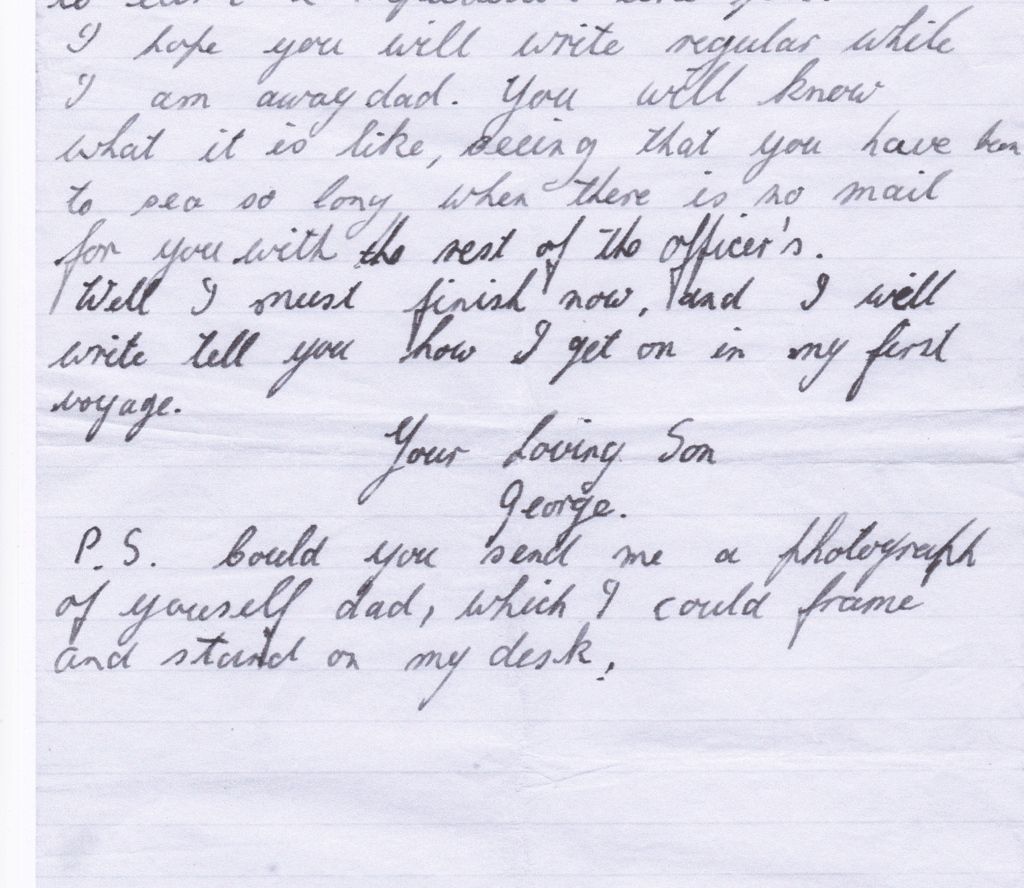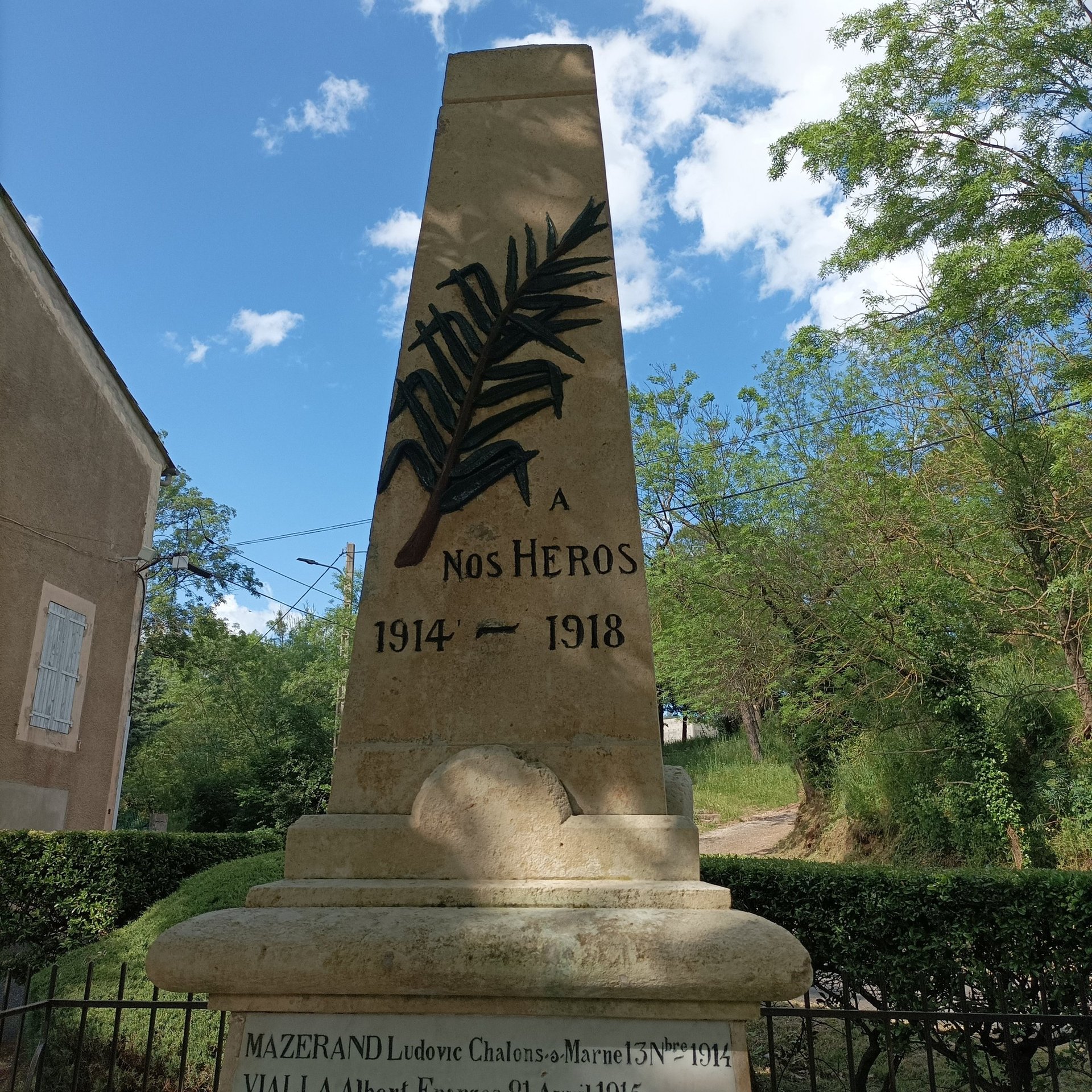
V.E. Day
Eighty Years On
POLITICSFRENCH CUSTOMS AND LOCAL EVENTSPEOPLE AND RELATIONSHIPS
5/8/20253 min read
Today is the eighth of May. World wide, people are celebrating Victory in Europe Day. Let us not forget those many citizens from India; and African and Caribbean countries who joined in the fight too. In our little village we were invited to join fellow villagers for a memorial ceremony alongside the village war memorial. And, as this is France, it may come as no surprise that everyone is offered a free aperitif after the ceremony. However this is an occasion that we do not attend, perhaps because my French is not of such a level that I can easily understand a long mayoral speech. But I also feel that this ceremony is personal to all those village members who lost loved ones in the war.
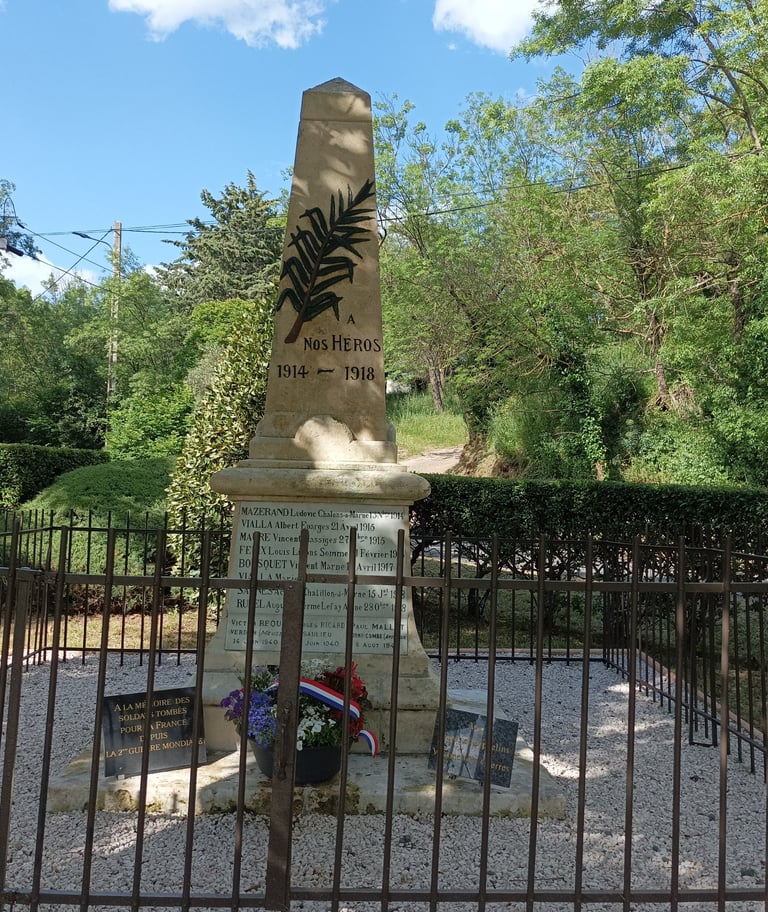

The main column of our war memorial is dedicated to the First World . In the list of dead, I spot two names (Bousquet and Rudel) which are common to a number of people in our village today. At the bottom three more names are inscribed, of men who died in the Second World War. I spot the name Requi. A different Monsieur Requi is our village mayor. Today he led this ceremony, with his adjoints ( or deputies) standing alongside.
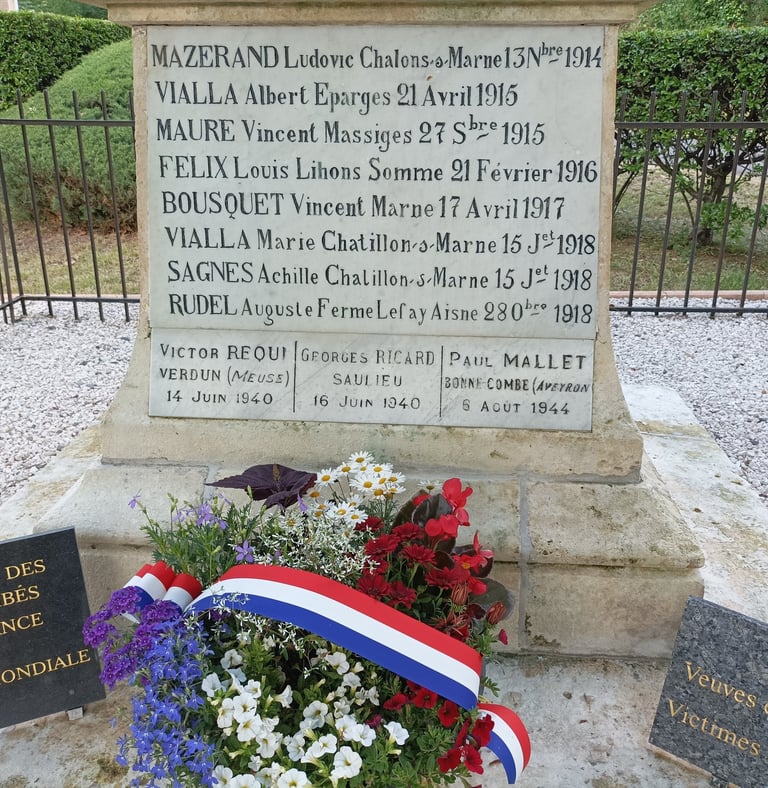

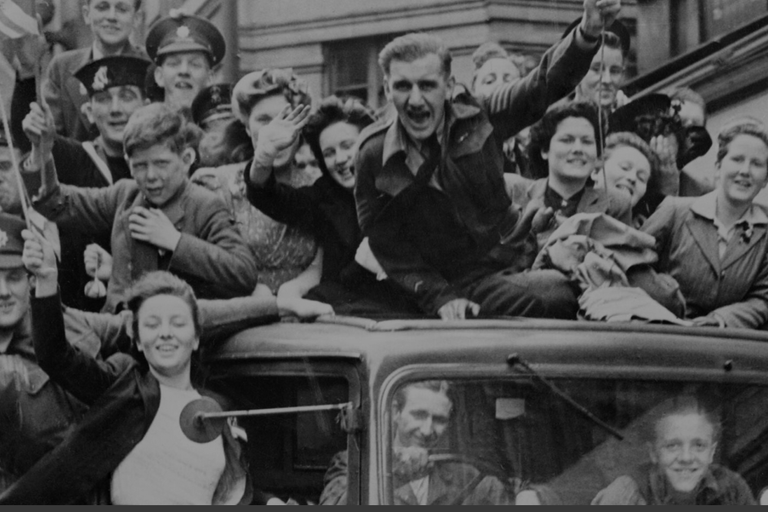

In spite of the relief that Victory in Europe brought , the very first V.E. day celebrations in 1945 were not always joyous affairs. For, as the elderly British actress Sheila Hancock recently pointed out, the first V.E. day she shared as a child with her parents, they were mourning a lost loved one, as were many other families.
Today I observe the loss of my maternal uncle , killed by a German submarine long before I was born. I have been rereading the letters between my grandfather and my uncle that crossed in the post in July 1940. In the first letter, dated 10th July , my uncle writes to his father to tell him about his new post as fifth engineer on the merchant ship M.V. Thiara. He relates how his new boss hoped that he would become 'a gentleman and a fine engineer,' just like his father, who worked for the same Anglo Saxon Petroleum Company( later Shell. ).This is how his letter ends(below.)
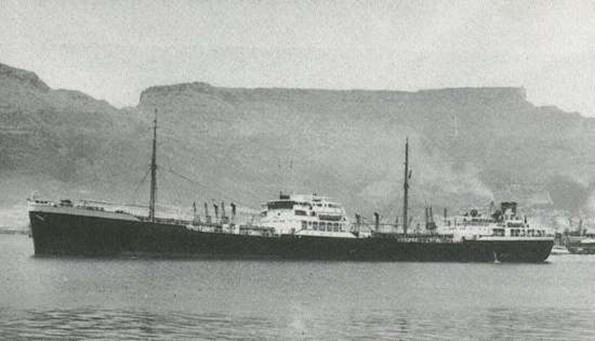

I also read a letter ,dated 28th July 1940, written lovingly by my grandfather to his son. But George never received this. For on 27th July, at two in the morning, his ship was hit by a torpedo fired from a German submarine. He was one of the very few crew members who died. There were letters of commiseration to my grandparents from his employers too, and one from a fellow merchant seaman, a friend who had been caught in the same explosion, but who survived.
